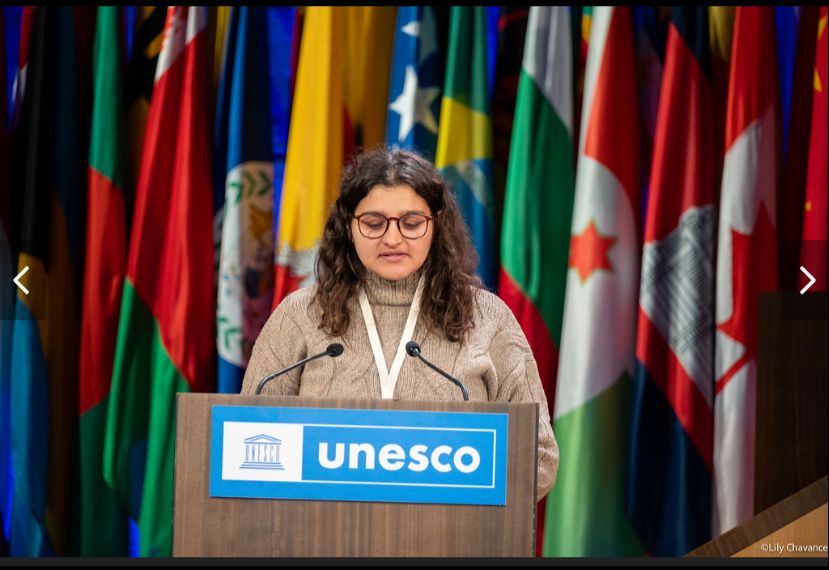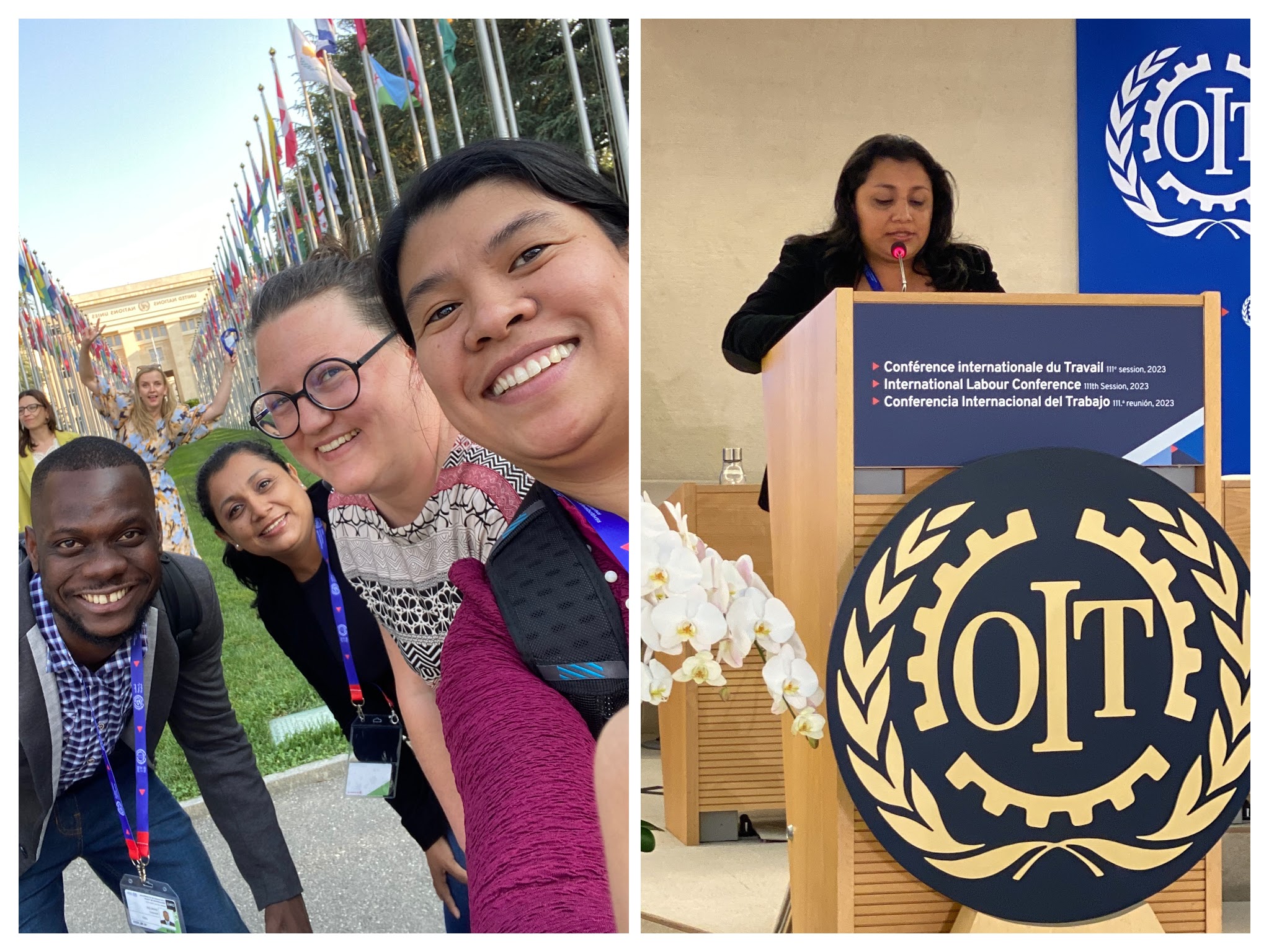
The IYCW was invited to the 42nd Session of the General Conference of UNESCO held at the organization's headquarters in Paris, France, from November 7 to 22, 2023. As an official partner of UNESCO, the IYCW was invited to share its views on the issues currently on UNESCO's agenda.
Basma Louis, the president of the IYCW, stressed the importance of raising awareness among young people by providing training spaces to compensate for the failure of public institutions, and so that young people do not consider traditional and social media as an alternative for developing their analysis of the current situation in the world.




 English
English  Español
Español  Français
Français